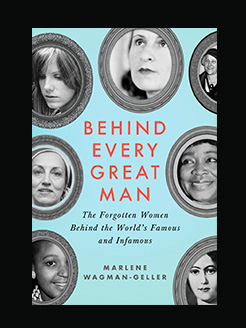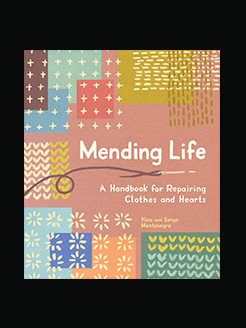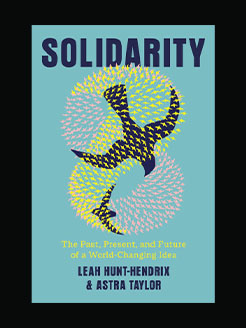Published in 2018
178 pages
Kate Bowler, PhD is a New York Times bestselling author, podcast host, and a professor at Duke University. She studies the cultural stories we tell ourselves about success, suffering, and whether (or not) we’re capable of change. She is the author of Blessed: A History of the American Prosperity Gospel and The Preacher’s Wife: The Precarious Power of Evangelical Women Celebrities. After being unexpectedly diagnosed with Stage IV cancer at age 35, she penned the New York Times bestselling memoir, Everything Happens for a Reason (and Other Lies I’ve Loved) and her latest, No Cure For Being Human (and Other Truths I Need to Hear). Kate hosts the Everything Happens podcast where, in warm, insightful, often funny conversations, she talks with people like Malcolm Gladwell and Anne Lamott about what they’ve learned in difficult times. She lives in Durham, North Carolina with her family and continues to teach do-gooders at Duke Divinity School.
What is this book about?
A divinity professor and young mother with a Stage IV cancer diagnosis explores the pain and joy of living without certainty.
Thirty-five-year-old Kate Bowler was a professor at the school of divinity at Duke, and had finally had a baby with her childhood sweetheart after years of trying, when she began to feel jabbing pains in her stomach. She lost thirty pounds, chugged antacid, and visited doctors for three months before she was finally diagnosed with Stage IV colon cancer.
As she navigates the aftermath of her diagnosis, Kate pulls the reader deeply into her life, which is populated with a colorful, often hilarious collection of friends, pastors, parents, and doctors, and shares her laser-sharp reflections on faith, friendship, love, and death. She wonders why suffering makes her feel like a loser and explores the burden of positivity. Trying to relish the time she still has with her son and husband, she realizes she must change her habit of skipping to the end and planning the next move. A historian of the “American prosperity gospel”–the creed of the mega-churches that promises believers a cure for tragedy, if they just want it badly enough–Bowler finds that, in the wake of her diagnosis, she craves these same “outrageous certainties.” She wants to know why it’s so hard to surrender control over that which you have no control. She contends with the terrifying fact that, even for her husband and child, she is not the lynchpin of existence, and that even without her, life will go on.
On the page, Kate Bowler is warm, witty, and ruthless, and, like Paul Kalanithi, one of the talented, courageous few who can articulate the grief she feels as she contemplates her own mortality.







